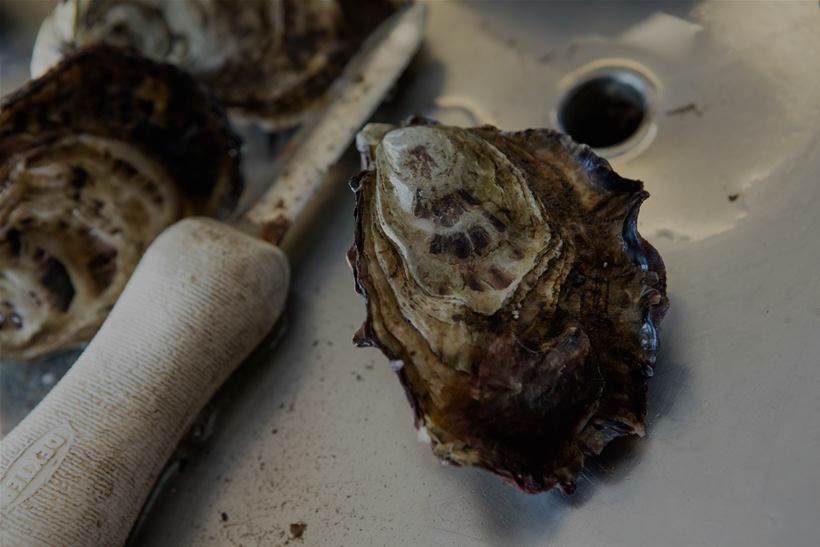
Some of the farmers growing oysters along Tasmania’s waterways have been disturbed by the fact that a significant proportion of the oysters he’s been breeding died from Pacific Oyster Mortality Syndrome (POMS), causing them great financial losses. Evidence shows that POMS usually develops in a warm environment. Justin Goc, the manager of Barilla Bay Oysters, would like to find a way to solve this serious issue.
The IoT solutions offered by The Yield, an Australian start-up offering IoT services, seems to hold the answer key to his worries. The Yield deployed IoT sensors in 14 different locations to monitor the salinity, temperature and depth of the waters where oysters grow. These three characteristics are the key factors determining the growth of oysters. Therefore, farmers should be aware of the readings to make sure they can achieve their operating goals.
Aside from clearing up the urgent problem, implementing new IoT services also brings Goc more benefits. In fact, the oyster industry consists of numerous labor-intensive activities. As the business grows in size, it can be hard for farmers to have everything done quickly. If companies in oyster industry introduce IoT technologies, like MoBagel’s big data AI engine, Decanter™, of which the predictive capability can provide farmers and workers with advance warnings of anomalies that could not be easily identified based on their past experience, leaving them more time to respond and take necessary steps to avoid crises and financial losses. This is how powerful IoT could be.
References
1. Peter Gutierrez. (September 6th, 2016). “How IoT is helping Tasmania’s oyster industry.” IoTHub. Retrieved from http://www.iothub.com.au/news/how-iot-is-helping-tasmanias-oyster-industry-436397
Source of featured image: http://www.iothub.com.au/news/how-iot-is-helping-tasmanias-oyster-industry-436397